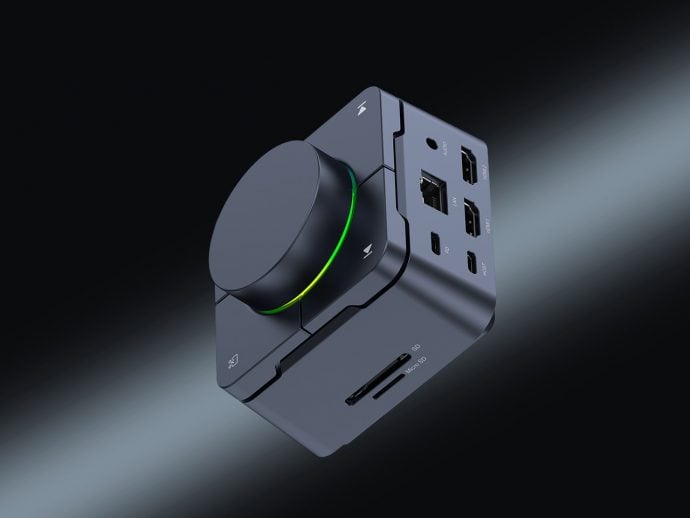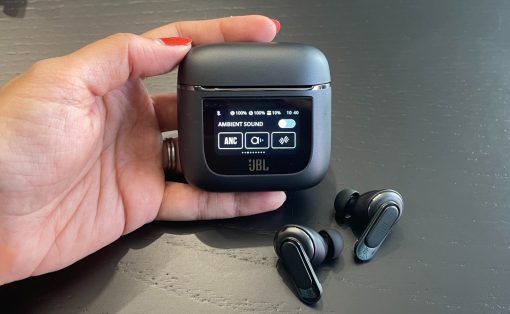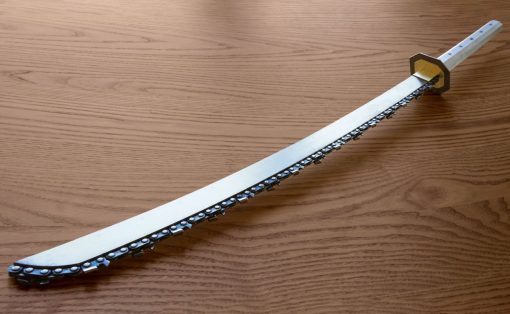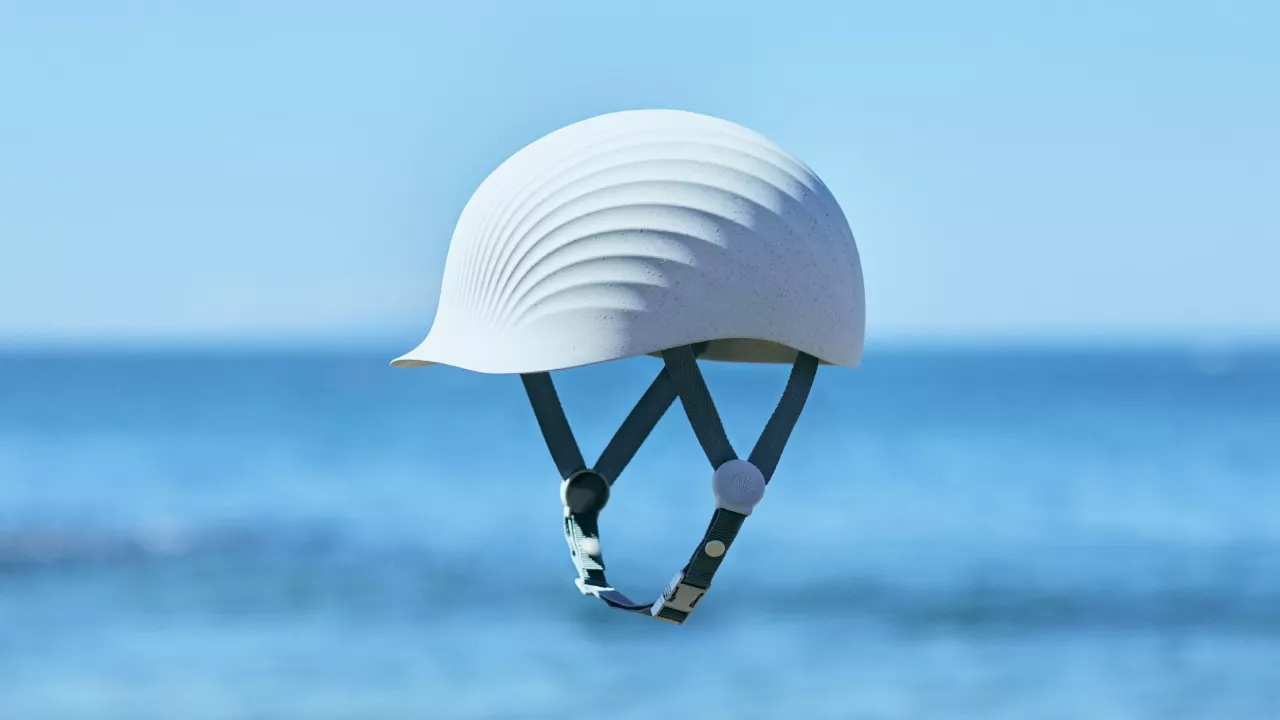
Helmets are an essential in a variety of situations and professions – if you’re riding a bike, or working in construction. You see them quite commonly worn almost everywhere, but have you ever seen a ‘Shellmet’? Me neither. Well, designed by TBWA\Hakuhodo’s creative team and Osaka-based Koushi Chemical Industry Co, the Shellmet is a helmet created from waste scallop shells!
Designer: TBWA\Hakuhodo’s creative team and Koushi Chemical Industry Co
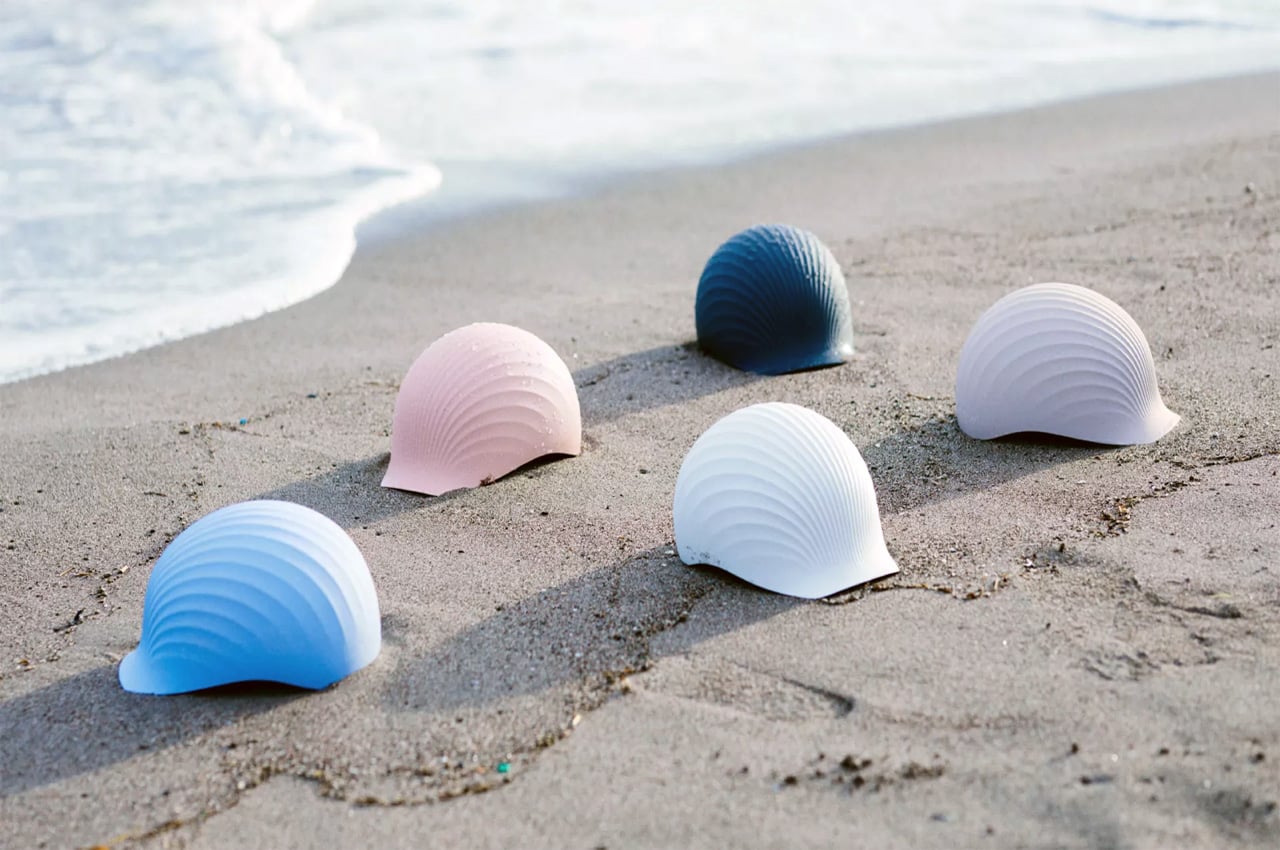
A tiny village located at the tip of Japan’s northernmost island Hokkaido manages to create an annual pile of 40,000 tons of discarded scallop shells all thanks to its seafood industry. In an attempt to tackle this issue, they decided to clean, pulverize and mix the discarded shells with recycled plastic, to create a new material – Shellstic.

A portmanteau of shells and plastic, Shellstic is an environmentally-friendly material that can be utilized just the way normal plastic is! This is a great solution to the immense amount of shell waste since shells can cause soil contamination if left on the ground, which is a legitimate cause of concern for the village and its residents. Not only does transforming shells into plastic reduce carbon dioxide emissions, but it also makes the final material stronger and more resilient. And Shellmet is the first product to be created using the innovative material Shellstic! “We aimed to create a sustainable product with minimal burden on the environment,” said Shintaro Monden, the designer of the product.
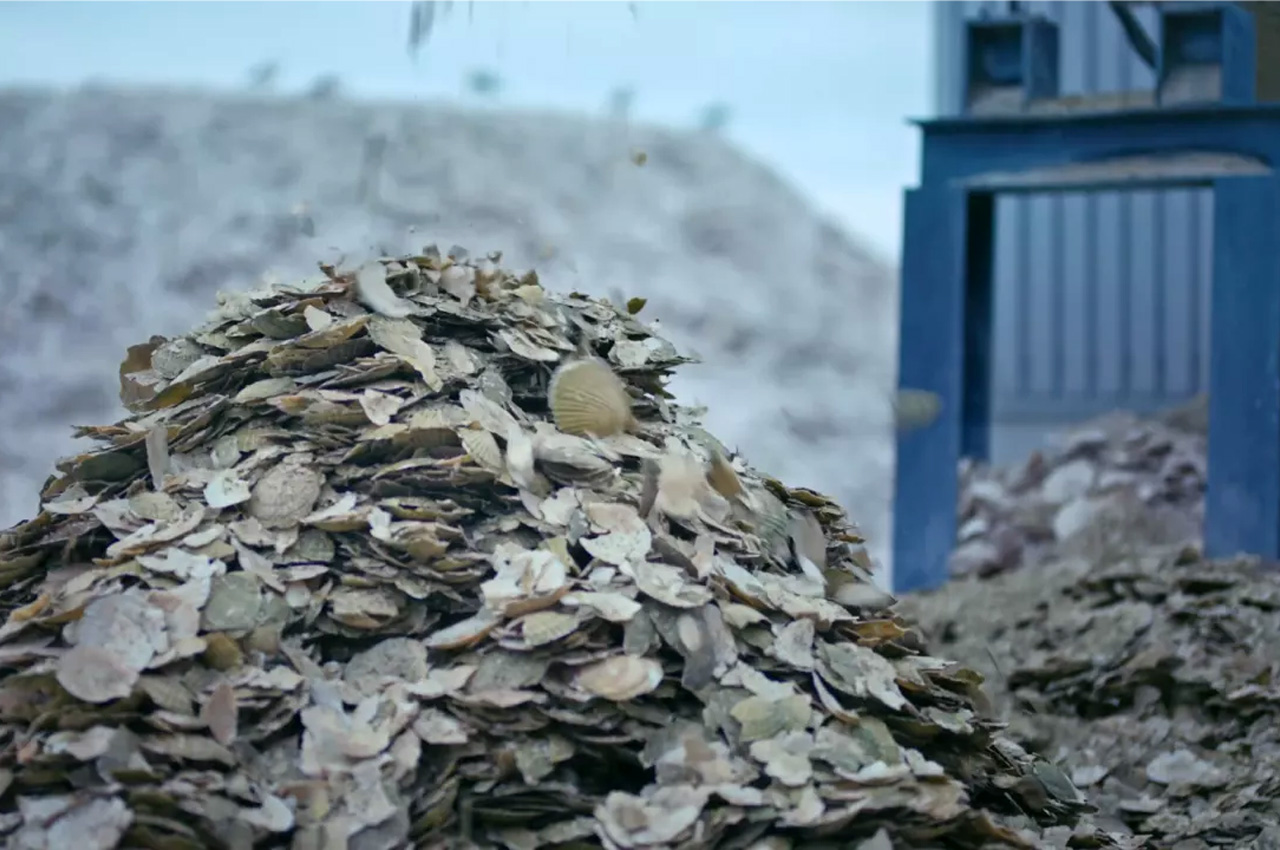
The hardhat helmet borrows the ribbed structure of scallop shells, which in turn adds 30 percent more strength to the helmet, as compared to regular helmets with their typical flat design. Besides being minimal and sturdy, Shellmet comes in a variety of five fun colors – Coral White, Sand Cream, Ocean Blue, Deep Black, and Sunset Pink (all inspired by the sea). The helmet will be available for sale to the public in March 2023. The designers also hope that they can convince the 250 fishermen in the village to ditch their regular plastic helmets, and adopt Shellmet instead! They also intend to encourage Shellmet to be utilized for emergencies such as earthquakes and dangerous weather.


